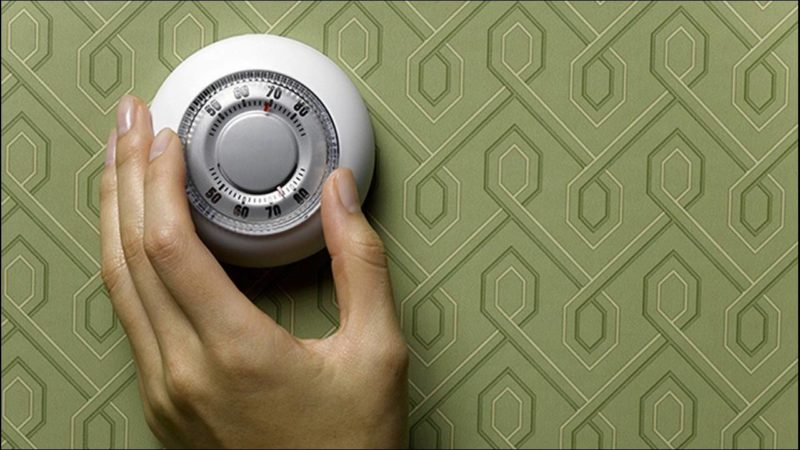Cutting down on your monthly expenses can be more difficult than it seems. Even if you brew all your own coffee at home and take sandwiches with you to work so you’re not tempted to hit the vending machine, you might struggle with your family budget. That’s because there are monthly expenses that you’ll need to deal with every month – no matter what.
Energy is one of the most expensive things you’ll have to pay for every month. While we can’t sweep those bills off your table, we can offer a few helpful hints and tips that might help to cut down your spend, without compromising on home comfort. For instance:
1. Change Your Energy Supplier
If you haven’t switched out your energy supplier for a while, then there’s a good chance you could save some serious cash by checking out what’s available on the market. The great news is that there are plenty of fantastic comparison websites out there that can help you to find out which deals are available for someone in your position.
If you’ve already switched your supplier but you’re struggling to save money, find out whether you’re on the cheapest possible tariff. You’ll get some serious savings just by switching to pay by direct debit, instead of paying monthly.
2. Turn Down the Heat
Now that spring has sprung, it should be much easier for you to turn the heat down a notch or two on your thermostat. However, make sure that you keep money saving in mind throughout the rest of the year too. Reducing your room temperatures by only one degree can be enough to reduce your heating bills by as much as £85 per year. Rather than turning the heating up to max level, put on a jumper or throw a blanket around you.
If you’ve already turned down your thermostat, you can also consider turning the radiators off in rooms that aren’t used very often, or by programming the heating to turn itself off when you’re not around to enjoy it. The less heat you can use, the better off your family will be.
3. Replace your Lightbulbs
Now here’s another bright idea. If you haven’t switched to energy-efficient LED light bulbs already, now could be the perfect time to make a change. According to some studies, an LED bulb will cost you an average of around £1.71 a year to run. This means that you could save a serious amount of money if you replace all the energy-draining bulbs throughout your house with something more energy efficient.
The best news is that your energy efficient bulbs will typically last you a lot longer than your standard bulbs too. This means that over the course of their lifetime, these accessories could save you hundreds of pounds.
4. Keep the Heat Inside
One of the biggest drains on your energy bill is a set of windows or doors that allow the heat to escape whenever you crank up the radiators. You can save some serious cash by investing in draught proofing to help make your home more airtight. Consider asking a professional to come out and evaluate your home, or simply take some time to assess the windows, doors, chimney, and fireplace. Floorboards and skirting can also be a common concern for people who experience regular draughts.
If you’ve already spent some time dealing with your loft hatches and windows, you can also think about some of the smaller areas that are likely to let cold air in, and hot air out. Letterboxes and keyholes can cause more damage to your heating bill than you think. Remind the kids not to leave the doors open when they’re walking around the house too.
5. Invest in a New Boiler
Finally, if you want a quick way to upgrade your saving potential, then there are few things more effective than changing your boiler. While paying for a new boiler can be expensive, this investment could save you hundreds of pounds every year. After all, the less energy your boiler needs to use to heat up your home, the less you must pay for. You could even consider getting a personal loan to fund the new boiler if it’s easier to spread the expense out.
If you’ve already updated your boiler, then make sure that you’re using it as efficiently as possible. Make sure that your radiators are working properly and considering investing in a smart thermostat like we mentioned above.
Leave a Reply